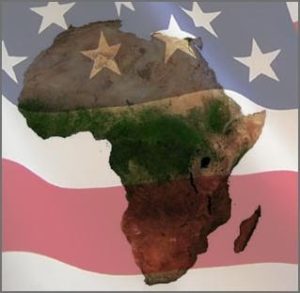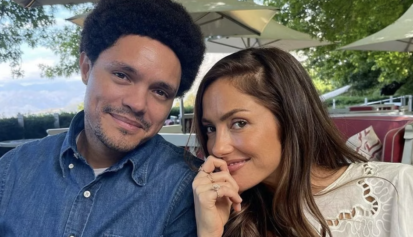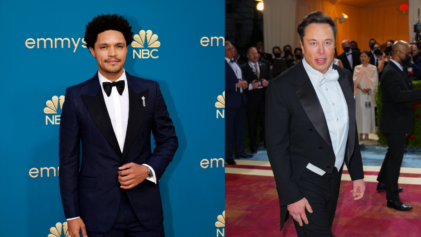
According to Quartz, there are more than 2,000 languages spoken on the continent, which has a population of 1.1 billion. Some of the most useful languages Americans could learn are Yoruba, spoken by people in Nigeria and some other West African countries, Xhosa, spoken in South Africa, Swahili, spoken in Kenya, Tanzania and other parts of East Africa, and Amharic, spoken mainly in Ethiopia.
Quartz also suggested learning an African language might make it easier for Americans to do business in Africa. According to The Financial Times, the United States was the third largest capital investor in Africa in 2014. American companies invested about $8 billion in Africa last year.
However, business in Africa is usually conducted in a colonial language. Former British colonies speak English, former French colonies speak French and former Portuguese colonies use Portuguese.
“In most African countries a child is born in a particular linguistic community where they grow up speaking that community’s language,” Angaluki Muaka, a professor of African and African-American studies at the University of Minnesota, told Quartz. “When they start school, they’re taught a colonial language and one of a country’s major languages, sometimes referred to as a ‘national language.’”
Sometimes this instruction begins before the child goes to school, but effectively most Africans are bilingual or multilingual. South African comedian Trevor Noah, the new host of The Daily Show, speaks eight languages including English, German, Xhosa, Zulu, Sotho and Afrikaans.
Learning an African language would go a long way to break down barriers between Americans and Africans. And for Black people, who are trying to get in touch with the culture of their ancestors, learning a language would be a significant step in the right direction.
Quartz said learning an African language is part of the decolonization process. Black people were stripped of their culture and language when they were brought to America, so learning an African language is part of the process of reclaiming that culture.
This is not unprecedented. Kenyan writer Ngugi wa Thiong’o declared that he would no longer write novels in English. He said he would only write in Gikuyu, his native language, and urged other African writers to do the same in an essay titled Decolonising the Mind: The Politics of Language in African Literature. Irish writer W.B. Yeats promoted his native tongue during his lifetime and the language now has official status in Ireland.
Black people who decide to learn an African language would find plenty of people in America to practice with. According to Quartz, there are more than 800,000 people residing in America who speak an African language.
“We should also not overlook the growing population of African immigrants in the U.S.,” Muaka said. “Not only do these immigrants produce heritage learners of African languages, but knowledge of their languages would considerably enhance U.S. government service-delivery to their communities.”


